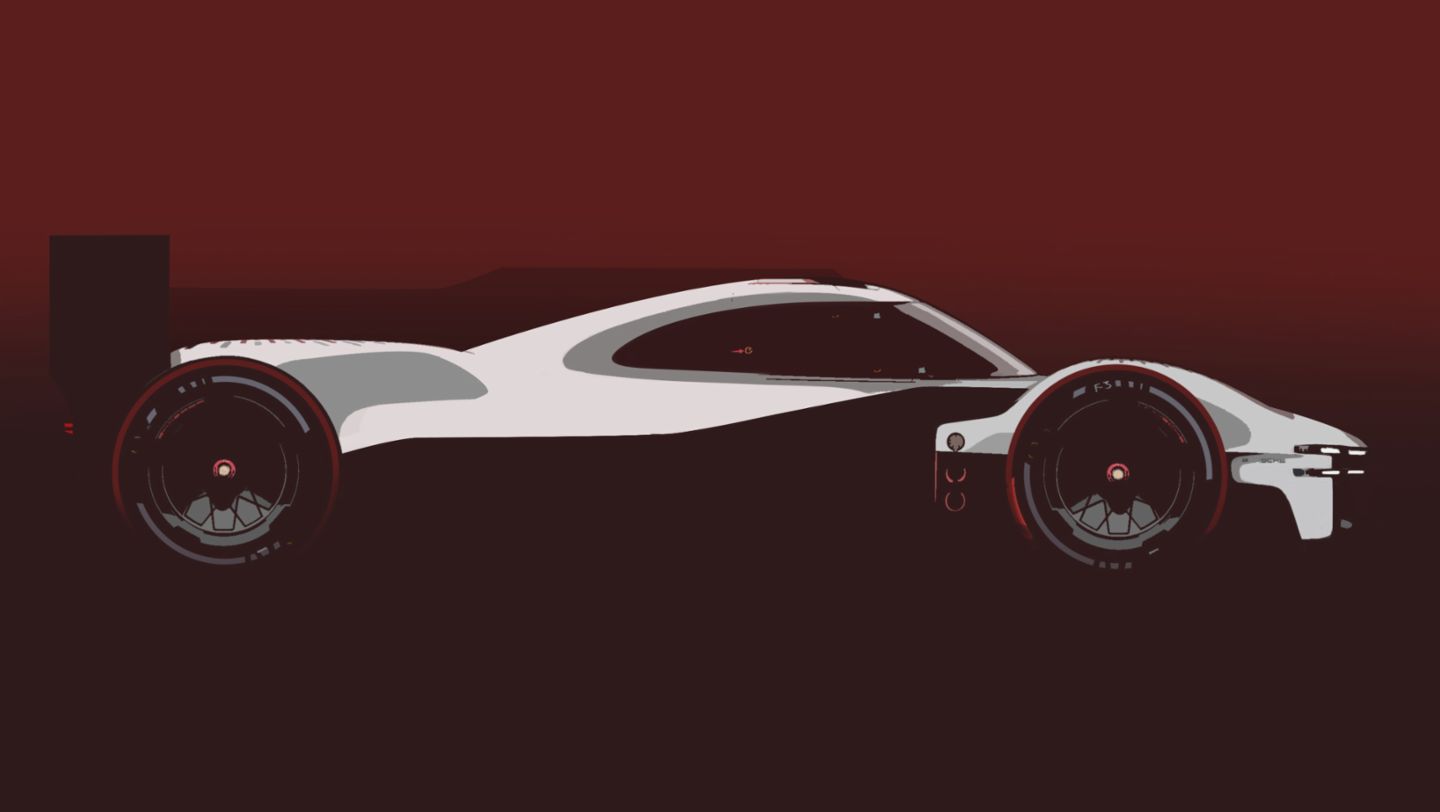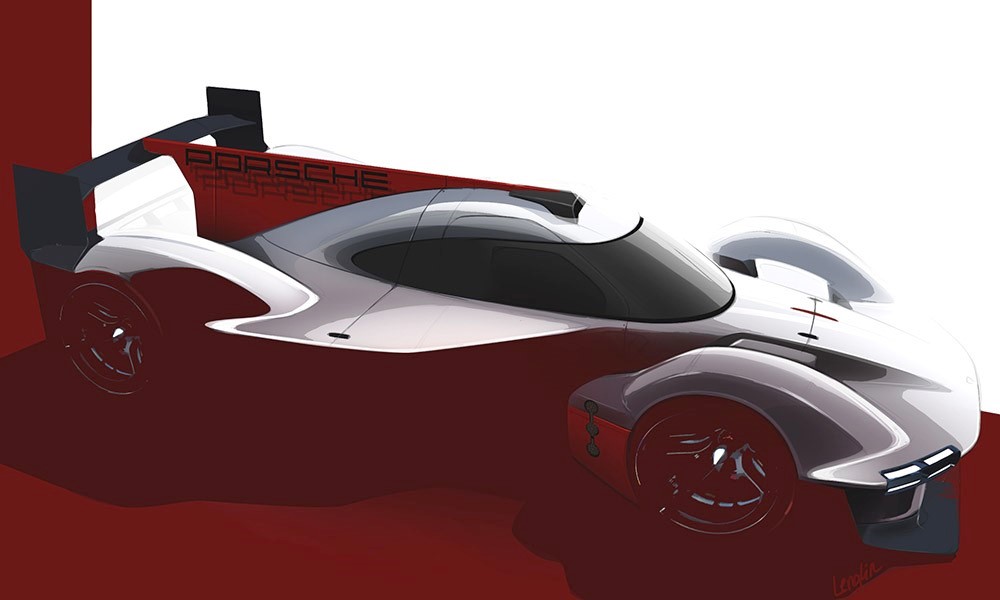Porsche Confirms LMDh Program for 2023
The Executive Board at Porsche AG has approved the development of a Le Mans Daytona hybrid (LMDh) racing prototype. After careful evaluation, Porsche Motorsport received the direction to build a vehicle based on future regulations.
Beginning in 2023, the LMDh cars will form a new top class in the North American IMSA WeatherTech Sportscar Championship and FIA World Endurance Championship (WEC). Both championships are significant for the German sports car manufacturer and its importer in the United States, Porsche Cars North America (PCNA). Porsche enthusiastically welcomed the introduction of the new class for hybrid prototypes when it was jointly announced by the series organizers at Daytona International Speedway in January 2020. The racing cars, which tip the scales at approximately 2,200 lbs. (1,000 kilograms), are powered by a hybrid powertrain with an anticipated output of 680 hp (500 kW).
For the first time in more than 20 years, Porsche will be fighting for overall victories with identical vehicles at endurance races around the world. Moreover, the new LMDh category focuses on high cost-efficiency. The cars are based on an upgraded LMP2 class chassis, with the specifications for the hybrid system, including the electronic controls, standardized across all marques. Chassis from four different race car manufacturers are available. Each brand is free to select the concept for the combustion engine and the body design within the framework of the regulations.

High-performance hybrid powertrains have enjoyed a long and successful tradition at Porsche Motorsport. In 2010 and 2011, the innovative Porsche 911 GT3 R Hybrid set new benchmarks at races held on the Nürburgring-Nordschleife. At that time, there was no other comparable vehicle with a hybrid system.
Between 2014 and 2017, Porsche underlined its expertise in the field of highly efficient, high-performance hybrid powertrains with the 919 Hybrid. In the FIA WEC, the LMP1 class prototype won three times in a row at the Le Mans 24-hour classic. Porsche also clinched the manufacturers’ and drivers’ championship titles three times straight. The return to IMSA competition marks the first time since 2010 that Porsche has competed in the top ranks of North America prototype racing when the last Porsche RS Spyder LMP2 class thoroughbred ran in the IMSA-sanctioned American Le Mans Series.
Oliver Blume, CEO at Porsche AG.
“The new LMDh category allows us to fight for overall victories with a hybrid system at the Le Mans, Daytona and Sebring classics – without breaking the bank. The project is extremely attractive for Porsche. Endurance racing is part of our brand’s DNA.”
Michael Steiner, Board Member for Research and Development at Porsche AG.
“In the medium term, Porsche focuses on three different drive concepts: fully electric vehicles, efficient plug-in hybrids and emotional combustion engines. We want to represent this trilogy in both the development of our cutting-edge road cars and in motorsport. We use the all-electric drive to contest the FIA Formula E as part of our works commitment, and the highly efficient and emotional combustion unit in GT racing. Now, the LMDh class closes the gap for us. There, powerful hybrid drives – like the ones that are mounted in many of our brand’s models – go up against each other. If the regulations eventually allowed the use of synthetic fuels, then that would be an even greater incentive for me in terms of sustainability.”
Fritz Enzinger, Vice President Motorsport.
“I’d like to thank our board of directors for the immense confidence they have in the motorsport strategy we’ve developed. We hold a record with our 19 outright wins at the 24 Hours of Le Mans and we’ve climbed to the top podium step many times at major races in the USA. We can continue this tradition with an LMDh vehicle while at the same time keeping costs reasonable. There has been huge interest from other manufacturers. I hope we can pick up where we left off with the famous clashes against many other marques in the eighties and nineties. That would give the entire motor racing scene a huge boost.”
